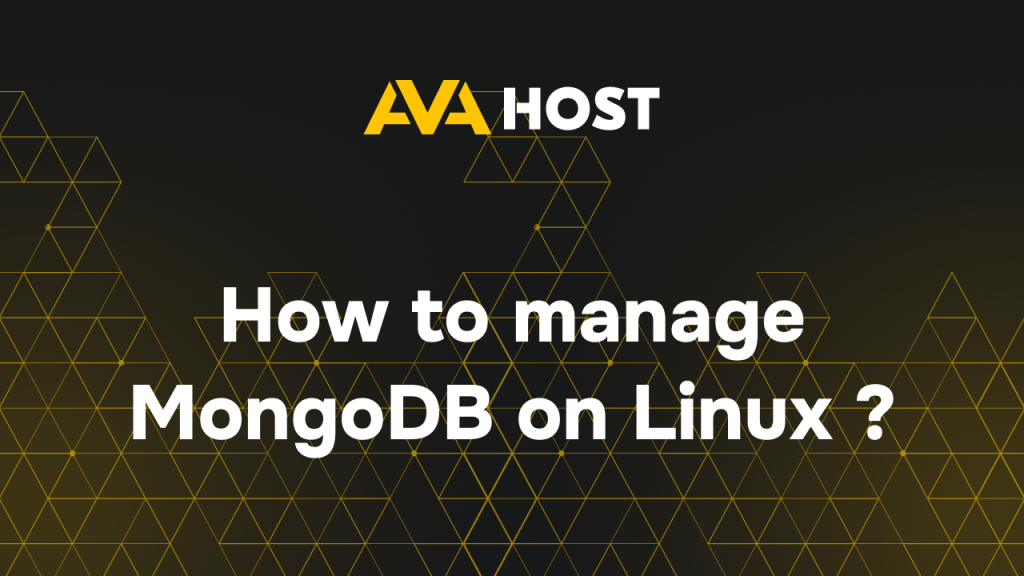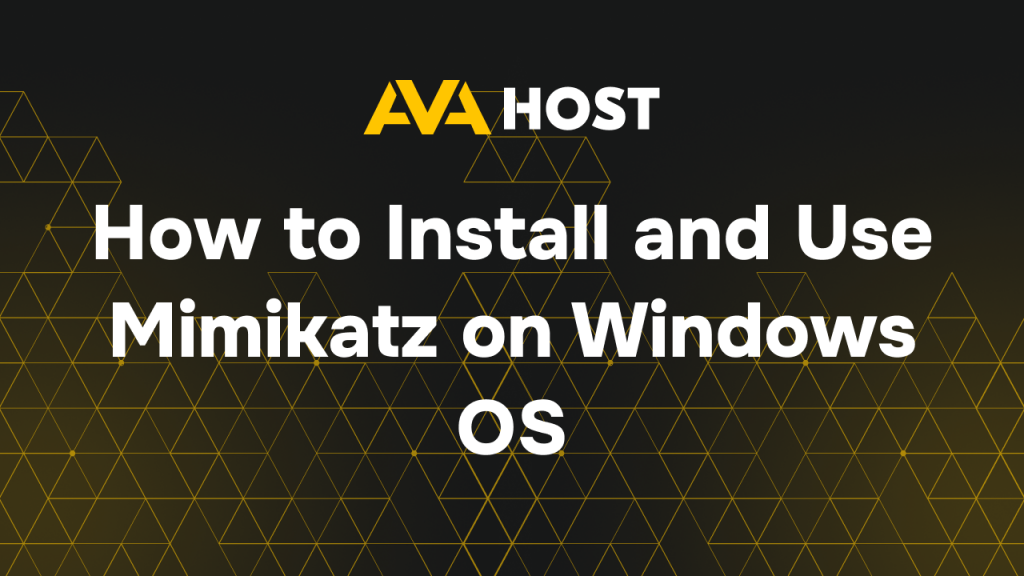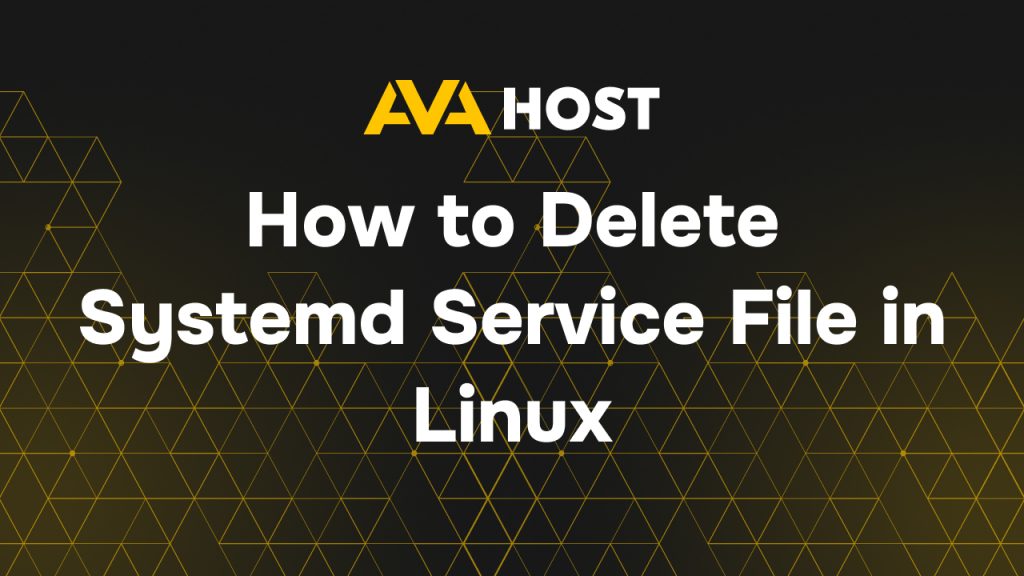F.A.Q

Managing MongoDB on a Linux VPS involves installation, configuration, security, and performance optimization. Managing MongoDB on a Linux VPS is essential for developers and system administrators aiming to harness the full potential of this powerful NoSQL database. From installation and configuration to security and performance optimization, a well-managed MongoDB setup ensures reliability, scalability, and efficiency […]

A domain redirect is a strategic method used to seamlessly forward users and search engines from one domain or URL to another. This technique is essential during website migrations, brand transitions, or URL structure updates, ensuring that traffic, SEO rankings, and user experience remain uninterrupted. At AvaHost, domain redirection is handled with precision and flexibility, […]

Finding Domain Owners: A Practical Guide Identifying the owner of a domain is essential for business inquiries, domain purchases, or legal matters. The WHOIS database, combined with other methods, provides critical information about domain ownership. For AvaHost users managing domains or hosting on high-performance VPS and shared hosting plans, this guide outlines four effective methods […]

Understanding Shared Hosting on AvaHost: A Beginner’s Guide Launching a website starts with choosing the right web hosting, and shared hosting is a popular, cost-effective option for beginners and small businesses. With AvaHost’s high-performance shared hosting powered by LiteSpeed, you can host your website affordably while leveraging reliable infrastructure. This guide explains what shared hosting […]

A domain extension, or top-level domain (TLD), is the final piece of a website’s address, like .com or .org, following the last dot. It’s more than just a suffix—it signals your site’s purpose, location, or industry, shaping how visitors perceive your brand. Whether you’re launching a blog, an e-commerce store, or a nonprofit site on […]

Introduction Mimikatz is a powerful post-exploitation tool designed to extract plaintext passwords, hashes, PIN codes, and Kerberos tickets from memory. It is widely used by penetration testers and security professionals to assess system vulnerabilities. This guide provides a step-by-step approach to installing and using Mimikatz for ethical security testing. Warning: Unauthorized use of Mimikatz is […]

Java support in Firefox has changed over the years due to security concerns. Modern versions of Firefox no longer support Java applets natively, but there are still ways to enable Java functionality in specific use cases. This guide explains three methods to enable Java in Firefox. If you’re looking for a secure and optimized hosting […]

The mkfs (Make Filesystem) command in Linux is used to create a new filesystem on a disk partition or storage device. Formatting a partition correctly is essential for efficient data storage and system performance. This guide explains how to use the mkfs command to format a filesystem on a disk or partition in Linux. Step […]

Systemd is the default service manager in most modern Linux distributions, responsible for managing system services. When you no longer need a custom or third-party service, removing its systemd service file ensures a cleaner and more efficient system. This guide walks you through the process of deleting a systemd service file in Linux. Step 1: […]

Clearing the SSL cache in web browsers is essential when troubleshooting SSL certificate errors, updating security settings, or ensuring a new SSL certificate is properly recognized. This guide explains how to clear the SSL cache on Mac and Windows browsers, including Google Chrome, Mozilla Firefox, Microsoft Edge, and Safari. Why Clear the SSL Cache? Resolve […]

